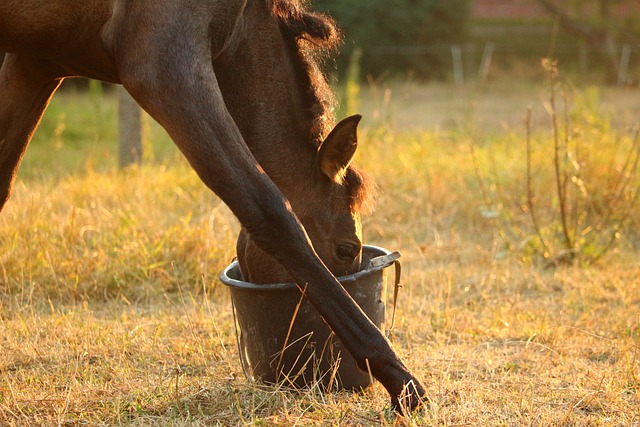
Food aggression in horses
January 25, 2023
Dressage maneuvers explained
January 25, 2023Worms are a common problem for horses, and can cause a range of health issues if left untreated. There are several different types of worms that can infect horses, including roundworms, tapeworms, and strongyles.
To prevent worms from becoming a problem, it is important to follow a regular worming schedule. This typically involves giving the horse a worming medication every few months, depending on the specific product and the horse’s age and health status. It is also important to practice good hygiene, such as disposing of manure regularly and avoiding overgrazing, to help prevent the transmission of worms.
In some cases, a horse may need to be treated for worms more frequently, or with a more potent wormer. This may be necessary if the horse is showing signs of a worm infestation, such as weight loss, diarrhea, or a rough coat.
To determine if a horse has worms and to identify the specific type of worms present, a veterinarian may recommend a “worm count.” This involves collecting a sample of the horse’s feces and having it analyzed in a laboratory to identify the presence and quantity of worm eggs. This can help the veterinarian determine the appropriate course of treatment for the horse.
It is important to follow the recommendations of a veterinarian when it comes to worming and worm count, as the improper use of wormers can lead to the development of drug-resistant worms, which can be more difficult to treat.




